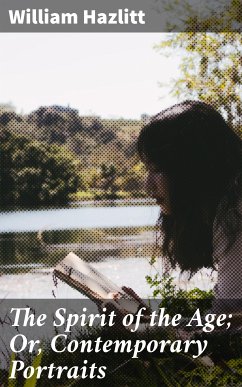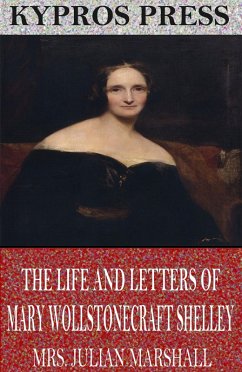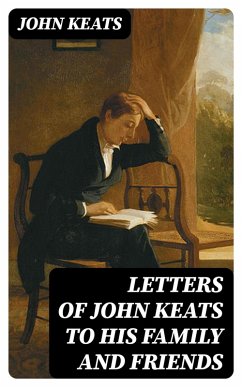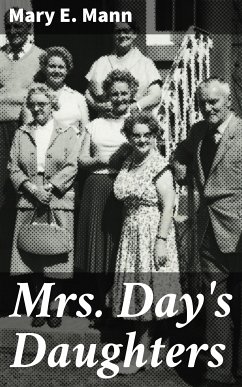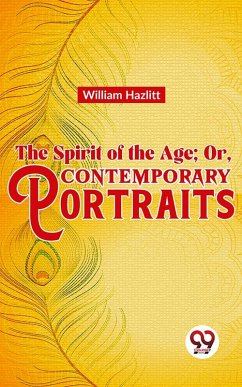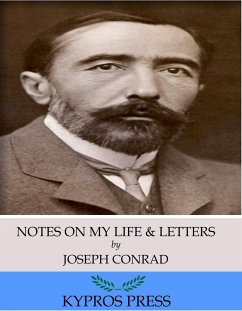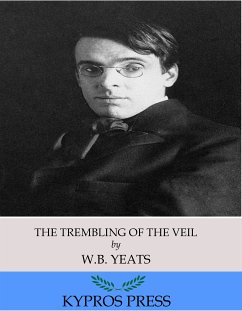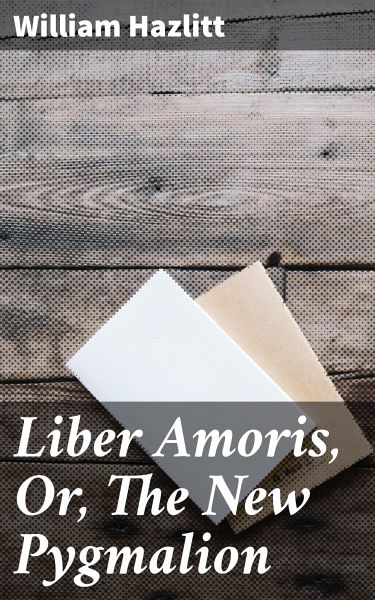
Liber Amoris, Or, The New Pygmalion (eBook, ePUB)
Exploring Obsession and Forbidden Love in Romantic Literature
Versandkostenfrei!
Sofort per Download lieferbar
0,49 €
inkl. MwSt.
Weitere Ausgaben:

PAYBACK Punkte
0 °P sammeln!
In "Liber Amoris, Or, The New Pygmalion," William Hazlitt embarks on a deeply personal exploration of love, desire, and the complexities of passion. Written in a conversational yet poignant style, this semi-autobiographical work blurs the lines between critique and confession, articulating the intensity of romantic attachments while critiquing the societal conventions surrounding them. Hazlitt's literary context can be understood through the lens of Romanticism, wherein personal emotion and individual experience take precedence. His unflinching honesty and use of vivid imagery invite readers i...
In "Liber Amoris, Or, The New Pygmalion," William Hazlitt embarks on a deeply personal exploration of love, desire, and the complexities of passion. Written in a conversational yet poignant style, this semi-autobiographical work blurs the lines between critique and confession, articulating the intensity of romantic attachments while critiquing the societal conventions surrounding them. Hazlitt's literary context can be understood through the lens of Romanticism, wherein personal emotion and individual experience take precedence. His unflinching honesty and use of vivid imagery invite readers into the intimate landscape of his heart, challenging them to reflect on the nature of love itself. William Hazlitt, a prominent literary figure of the early 19th century, was a keen observer of human emotion and society. Influenced by the tumultuous political climate, as well as his own volatile relationships, Hazlitt's writings often reflect a genuine quest for understanding the human condition. This work stemmed from both personal heartbreak and a philosophical engagement with the complexities of affection, showcasing Hazlitt'Äôs ability to intertwine life experience with literary prowess. "Liber Amoris, Or, The New Pygmalion" is a compelling read for anyone intrigued by the intricacies of love and the search for authentic connection. Hazlitt'Äôs rich prose and reflective insights resonate across time, inviting modern readers to consider their own experiences of longing and loss. This work remains a significant discourse on romantic idealism, making it an essential addition to any literary collection.
Dieser Download kann aus rechtlichen Gründen nur mit Rechnungsadresse in A, B, BG, CY, CZ, D, DK, EW, E, FIN, F, GR, H, IRL, I, LT, L, LR, M, NL, PL, P, R, S, SLO, SK ausgeliefert werden.






